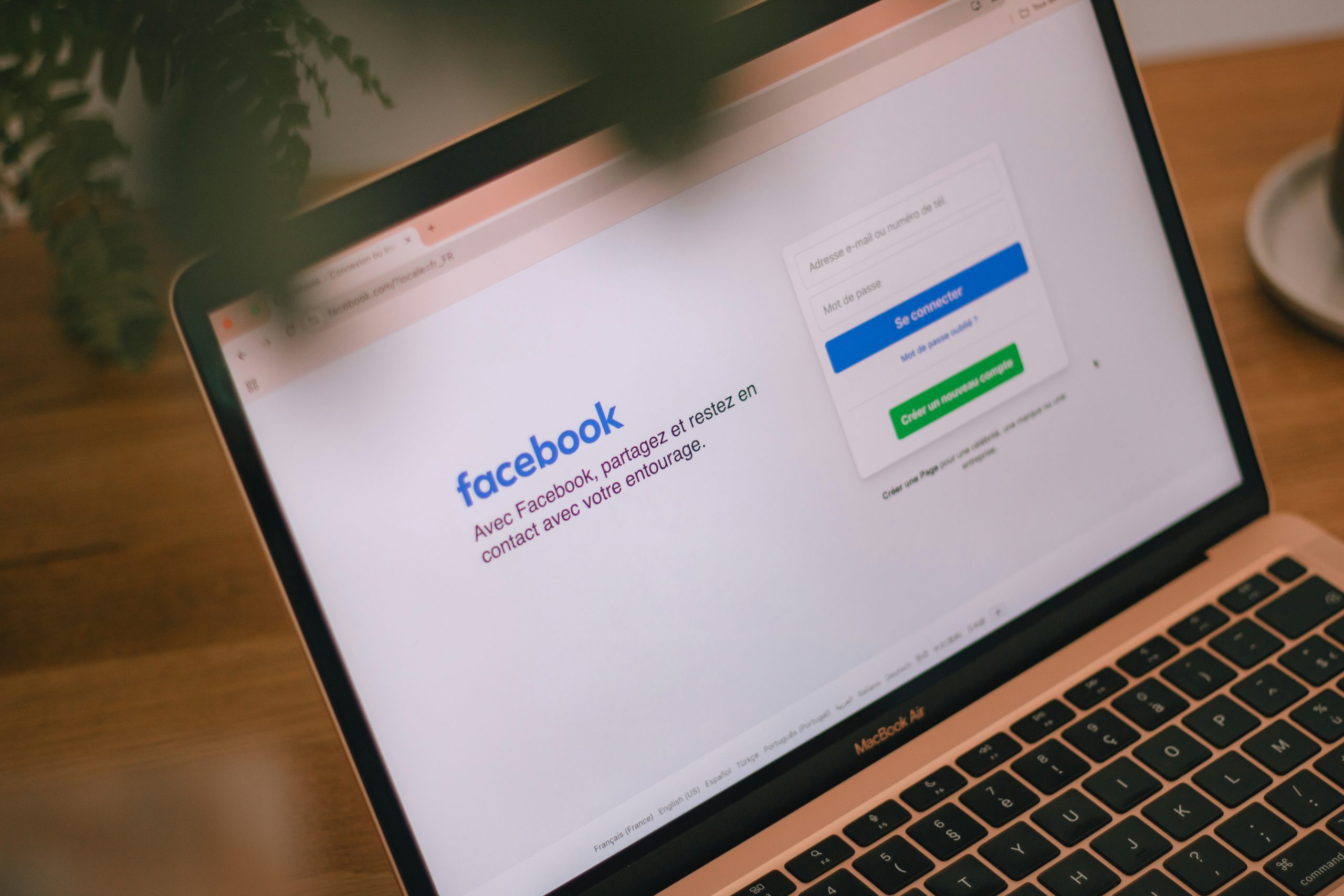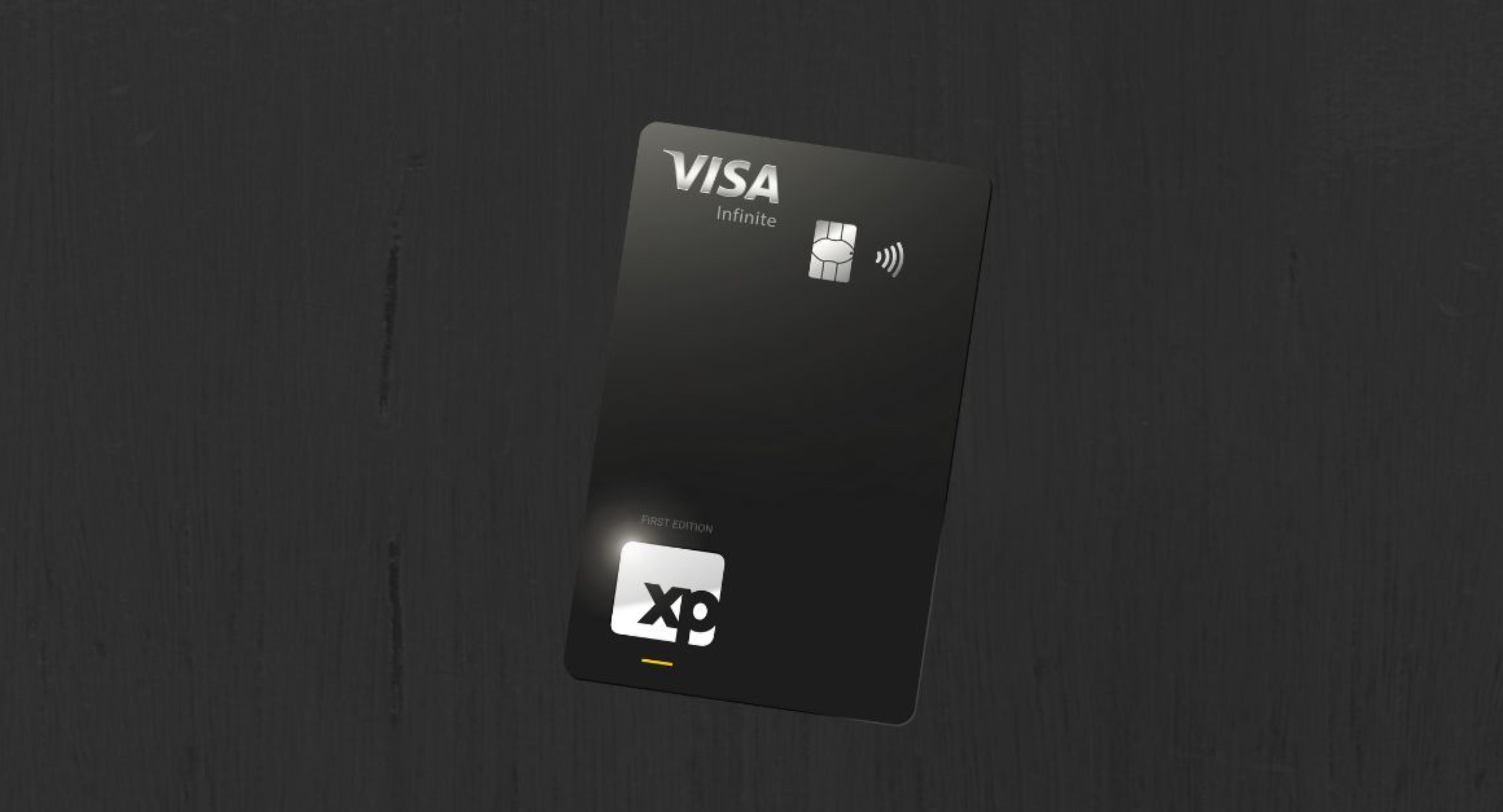Facebook Privacy Settlement Payouts Begin: What You Need to Know About Your Share
By HomeBrasil |

After years of legal battles, Meta has begun distributing payments from its massive $725 million class-action settlement, addressing claims that Facebook improperly shared user data with third parties, most notably Cambridge Analytica during the 2016 U.S. election. As of September 3, 2025, the settlement administrator, Angeion Group, confirmed that payouts are rolling out to over 19 million eligible claimants across the U.S., with distributions continuing in batches over the next 10 weeks. If you had a Facebook account between May 24, 2007, and December 22, 2022, and filed a claim by August 2023, you might be in for a modest windfall—likely around $25-$30, based on a unique point system. In this article, we’ll break down how your payout is calculated, what to expect, and explore alternative platforms prioritizing privacy that could save you from future data headaches.
Understanding the Settlement and Its Origins
The $725 million settlement stems from a 2018 scandal where Cambridge Analytica, a firm tied to Donald Trump’s 2016 campaign, accessed data from up to 87 million Facebook users without consent, using it to influence voters. This sparked lawsuits claiming Meta violated user privacy by allowing third-party apps to harvest personal information. Though Meta denied wrongdoing, it settled in 2022 to avoid further litigation, with final court approval in October 2023. Delays from appeals pushed payouts to September 2025, but the wait is over for many.
Angeion Group, tasked with managing the process, validated at least 19 million of the 28 million claims filed, a number that stunned even the presiding judge, Vince Chhabria, per court filings. Claimants are being notified via email from “[email protected]” with updates on their payment status, typically 3-4 days before funds arrive. If you haven’t received a notice yet, don’t panic—weekly batches mean your payout could still be coming within the 10-week window.
The settlement’s scale is unprecedented, covering anyone in the U.S. with an active Facebook account during the 15-year period. But with such a large claimant pool, the payout per person isn’t life-changing. After $180.5 million in attorney fees, $4 million in legal expenses, and $120,000 for eight lead plaintiffs ($15,000 each), roughly $540 million remains for distribution. This net fund is split based on a point system tied to account duration, making your payout proportional to how long you used Facebook.
How Your Payout Is Calculated
The payout formula is straightforward but not equal. Each claimant earns one “allocation point” for every month they had an active Facebook account between May 24, 2007, and December 22, 2022—a 184-month window. For example, five years of usage equals 60 points. The $540 million net fund is divided by the total points from all validated claims, determining the value of each point. Your payout is then your points multiplied by that value.
In 2023, lawyers estimated a median payout of $30 based on 17 million claims, but with 19 million validated, the median may dip closer to $25-$30, as noted by SFGate. Long-time users could see slightly higher amounts—say, $50-$100 for those active the full 15 years—while newer users get less. One X user shared, “Got my email! 12 years on FB, hoping for a decent check.” Payment options, chosen during the claim process, include Venmo, PayPal, Zelle, direct deposit, prepaid Mastercards, or paper checks, with most opting for digital methods for speed.
This structure rewards long-term users but dilutes individual shares due to the sheer volume of claimants. As Judge Chhabria remarked in 2023, the high participation was “kind of mind-blowing,” reflecting the case’s massive reach. No further action is needed from claimants—Angeion has all necessary payment details—but keep an eye on your inbox or spam folder for updates.
Why This Matters Beyond the Money
While the payouts are modest, the settlement is a landmark in holding tech giants accountable for data privacy. The Cambridge Analytica fallout exposed how loosely regulated data-sharing practices could sway elections, sparking public outcry and calls to #DeleteFacebook. Meta’s CEO Mark Zuckerberg faced congressional grilling, and the case fueled broader scrutiny of social media’s role in privacy and misinformation. For users, even a small check is a tangible acknowledgment of violated trust.
However, the settlement also highlights ongoing risks. Social media platforms remain data-driven, and while Meta has tightened app permissions, privacy concerns persist. This makes exploring privacy-focused alternatives not just a practical move but a way to take control of your digital footprint, potentially avoiding future breaches.
Smarter Alternatives for Privacy-Conscious Users
If the Cambridge Analytica saga left you wary, consider platforms prioritizing user control and transparency. Based on recent analyses, here are top picks:
- Mastodon: A decentralized, open-source platform with no central authority collecting data. You join user-run servers, controlling what you share. TechRadar praises its ad-free experience and customizable feeds, ideal for those wanting community without surveillance. It’s free, though server donations help.
- Signal: While not a social network, this encrypted messaging app offers secure communication, with no data shared with third parties. Wirecutter calls it the gold standard for privacy, with group chats and disappearing messages for $0.
- Vero: A subscription-based social app ($5/month) with no ads or data mining. PCMag notes its clean interface and focus on creative content, appealing to artists and privacy buffs.
These options lack Facebook’s scale but excel in trust. X users often highlight Mastodon’s community-driven vibe, though its learning curve can be steep. Check platforms via sites like TechCrunch for user reviews, and consider hybrid approaches—using Signal for chats and Mastodon for posts—to balance privacy and connectivity.
Now… Next Steps
The Facebook settlement payouts, rolling out from September 3, 2025, mark the end of a long legal saga, delivering $25-$30 on average to millions. If you filed a claim, monitor your email for payment alerts over the next 10 weeks, and beware of scams mimicking the “[email protected]” address. The point-based system ensures fairness, but the modest sums reflect the case’s massive scale.
Beyond the payout, this moment is a chance to rethink your social media habits. Platforms like Mastodon or Signal offer safer spaces, potentially sparing you from future privacy woes. Share your plans below: Will you cash your check and stay on Facebook, or explore new platforms? Here’s to smarter, more secure connections in 2025!

